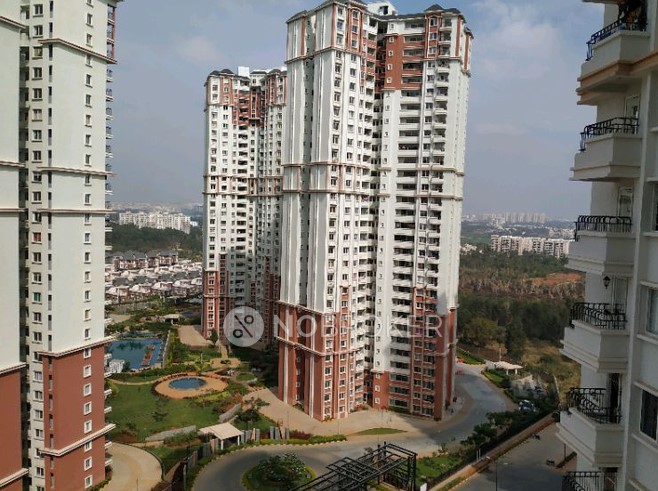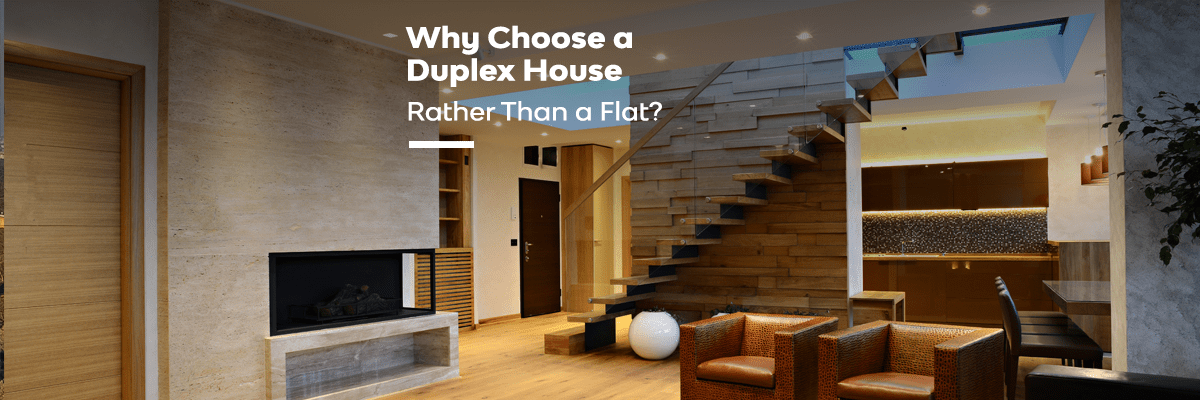June 3, 2020: A revival in the demand for real estate will release a cascading stream of benefits in all other interlinked segments.
The nation-wide lockdown has negatively impacted demand in the real estate sector. Not just this, almost every sector, has reported a slump in demand. In April, the automotive industry reported no sales whatsoever. Realty and construction, hospitality, aviation, the biggest engines of economic growth have reported virtually no activity.
This is worse than the recession of 2008 where millions faced unemployment, companies were reluctant to invest, and factories had shut down. Even then, a handful of companies were doing exponentially better than their competitors with runaway growth, premium pricing, and extraordinary customer loyalty.
Experts advice against over-reacting to the present situation and suggest avoiding stern decisions that would eventually break our businesses. It is very important to take a balanced view, without haste. So, how will the economy soar once again after the pandemic, when the crisis is deeper than the one in 2008?
Our economy is based on demand; other than the necessities, demand is based on perception. Although the government has tried to pump liquidity into the market, the demand hasn’t come back. Demand will come back only when people feel that prices will go up, or they assume that they are getting an opportunity that they should encash lest it gets missed. Now, with the government pushing for liquidity and asking banks to lend, will this not bring the economy back on track? Liquidity will help industry to manufacture, but if industry doesn’t see demand, it won’t produce.
How to generate demand?
Demand is what would revive the economy. Reforms should be framed in such a manner that the industries are supported, so that employment continues in order to sustain purchasing power. It is cyclical. One can see that the banks are averse to lending in this gloomy economy. The government, in consultation with banks and industry, should structure reforms in a manner that is tolerant for all and in benefits the general public. The banks and the government have to work for the same goal.
Construction/real estate is one of our major industries. Experts suggest the following measures.
• Banks must form a scheme for real estate where they give loans for 35-40 years, with 2-3 years moratorium. Here, RBI support will be required for giving loans for 35-40 years as there will be no matching deposits that banks will have. Currently, interest rates are already very low and there is no need to reduce. Based on a ready-reckoner rate, banks should give loans. In affordable categories, banks should not ask for more papers, but must get contribution from homebuyers or assurance from developers that banks will not be left in the lurch.
• Only pre-approved projects should be funded so that banks do not take any haircut. However, bank loans on EWS category should be considered as priority sector lending. The government will get GST on input material. Per square feet, at least Rs 300 will go towards GST. There is a huge unmet need in this segment, and across India, 100 crore sq-ft constructions, which translate into 20 lakh houses, will be consumed in the next 2-3 years. The government also will earn additional 5% GST on sale of these flats, which will again be about Rs 300-400 per sq-ft. If the government gives time to homebuyers to pay GST of 5% within five years in five equal instalments with 7% interest, then it will be a great help to homebuyers. Such a scheme should be made available for 6-9 months.
• In case homebuyers are unable to repay to the bank, then a bank can monetise the asset, or a developer will compensate to the bank. The real estate sector has a lot of NPAs. If the government pushes work, banks will be able to monetise their outstanding receivables.
• People in the retail segment generally do not default unless they are jobless or face any other critical/unavoidable reason, as in India self-respect in the community is valued more than anything else.
The real estate industry has more than 350 upstream and downstream linkages. Any revival here will release a cascading stream of benefits in all other interlinked segments. As a result, myriad employment and entrepreneurial opportunities will be generated, and this will be key in driving a faster turnaround of the Indian economy. The prime minister’s ambitious vision of a self-reliant India, or Atmanirbhar Bharat, will then become a ground reality sooner rather than later.
Everyone has to work to overcome the economic crisis. The government is a saviour, but it alone cannot solve all the problems of the people. All of us Indians need to contribute towards this.
Loved what you read? Share it with others!
 admin,Author
admin,Author
NoBroker.com is a disruptive real-estate platform that makes it possible to buy/sell/rent a house without paying any brokerage.
Following are service along with Rent / Sell / Buy of Properties
- Rental Agreement
- Packers And Movers
- Click And Earn
- Life Score
- Rent Receipts
- NoBroker for NRIs















Join the conversation!